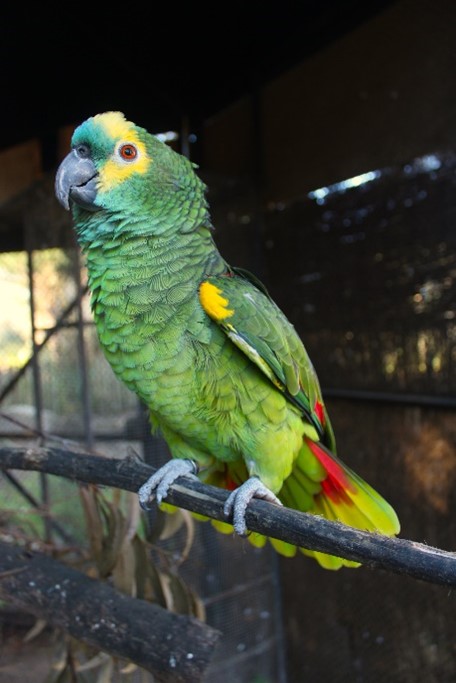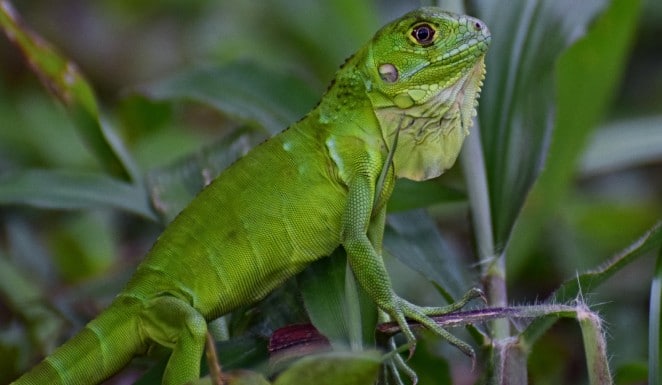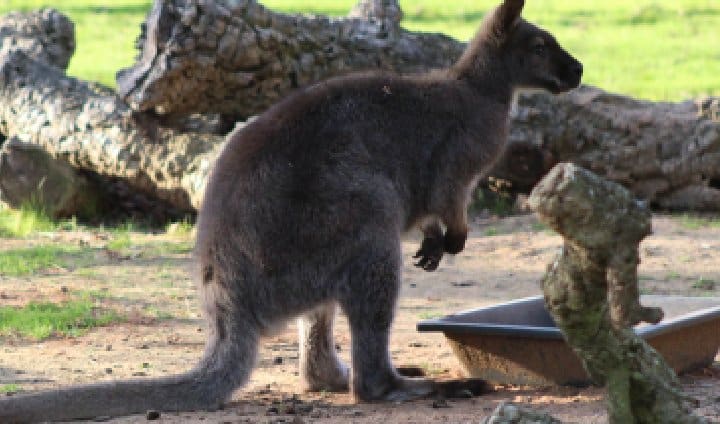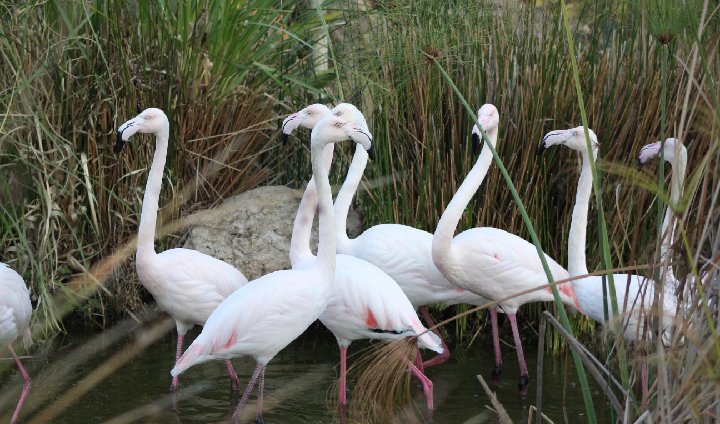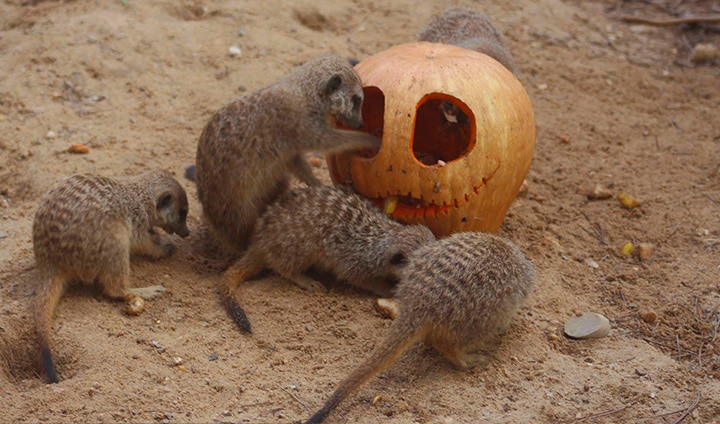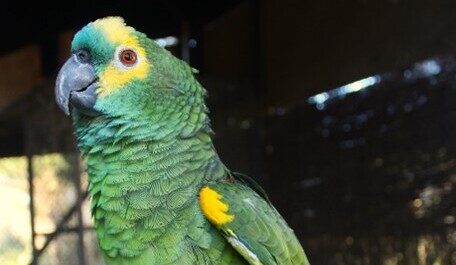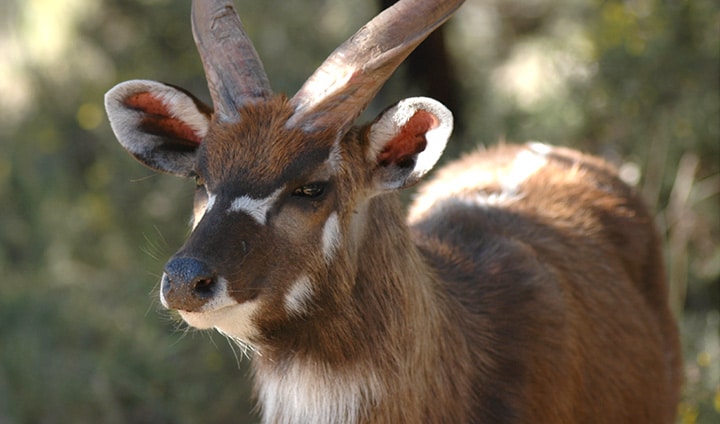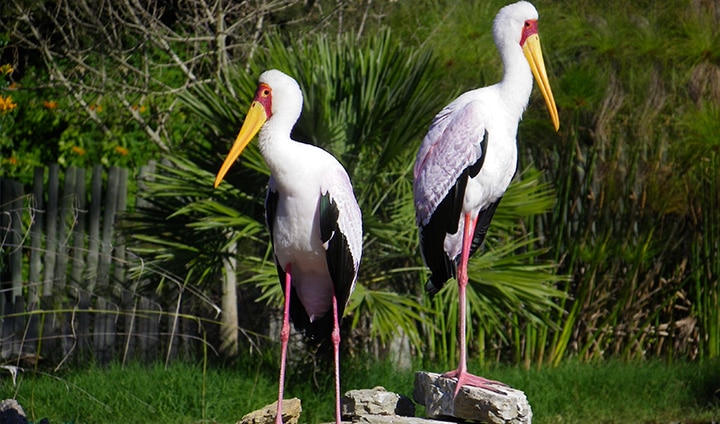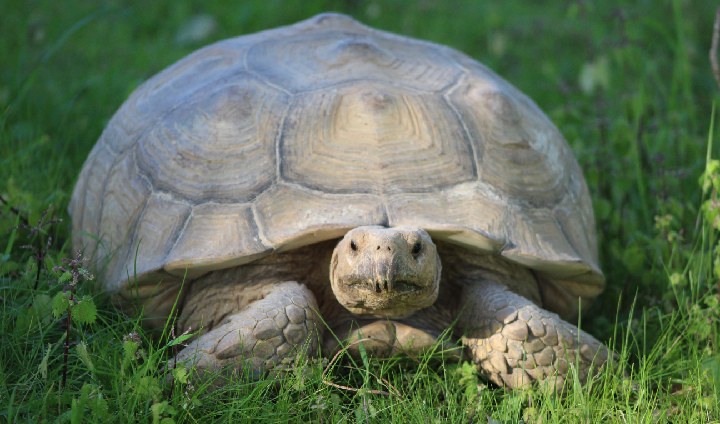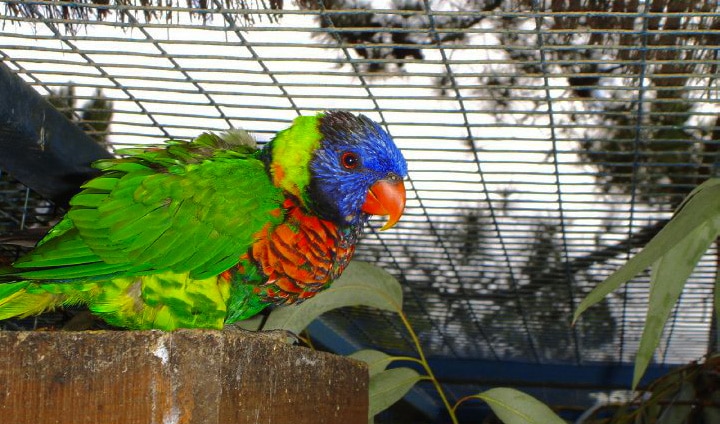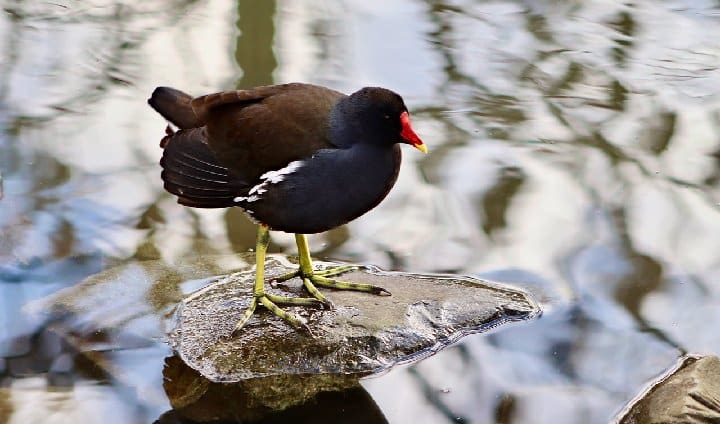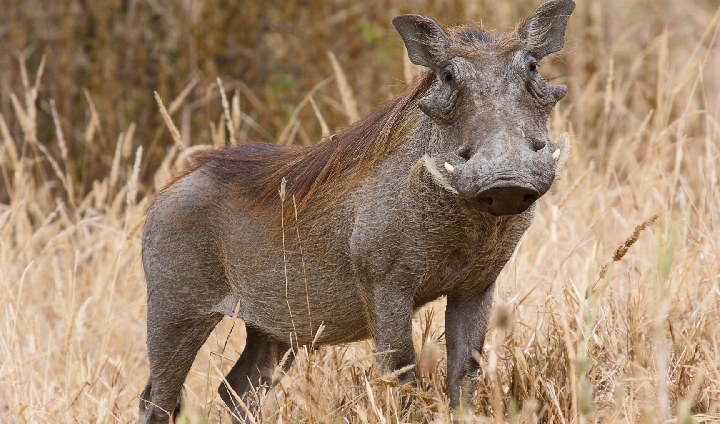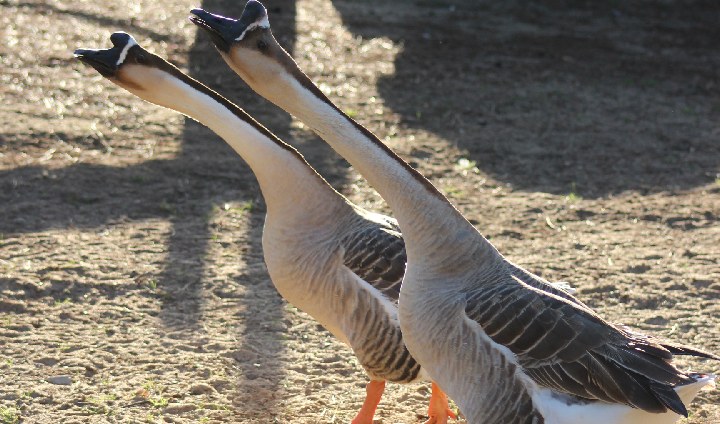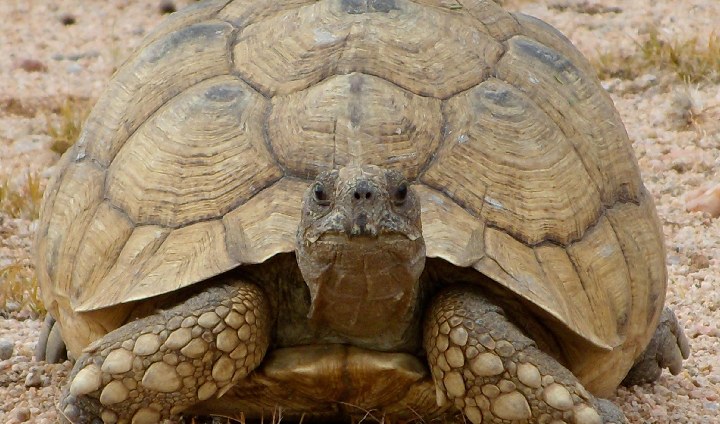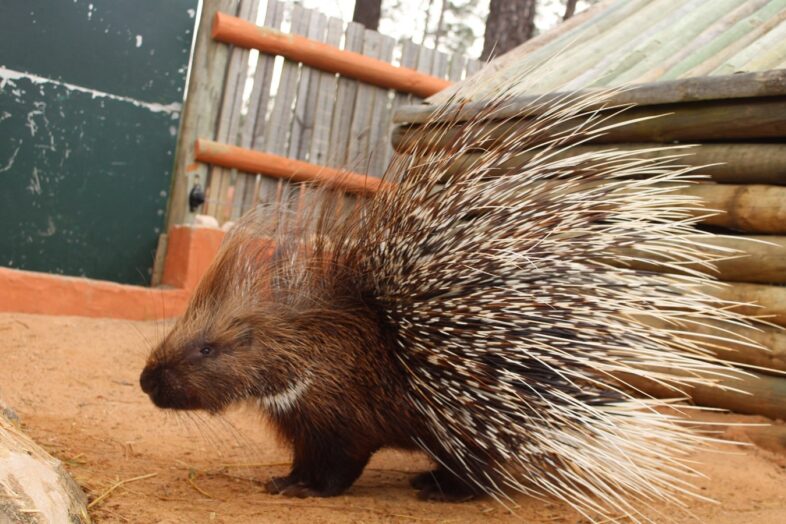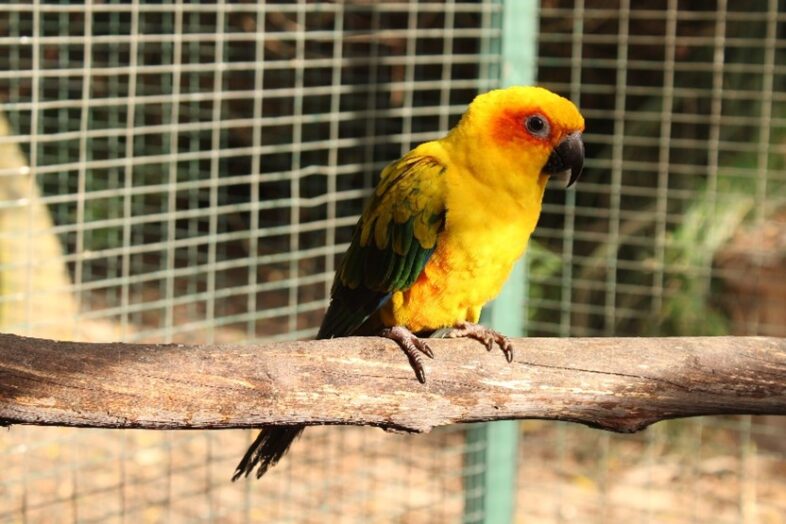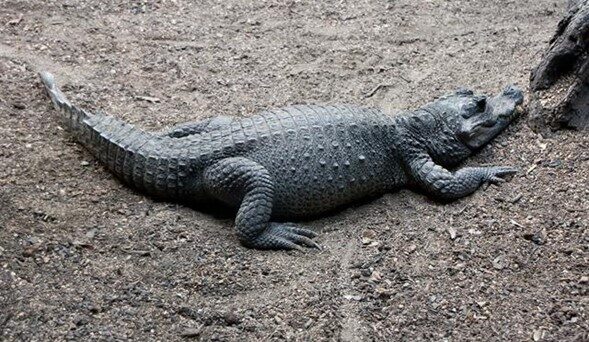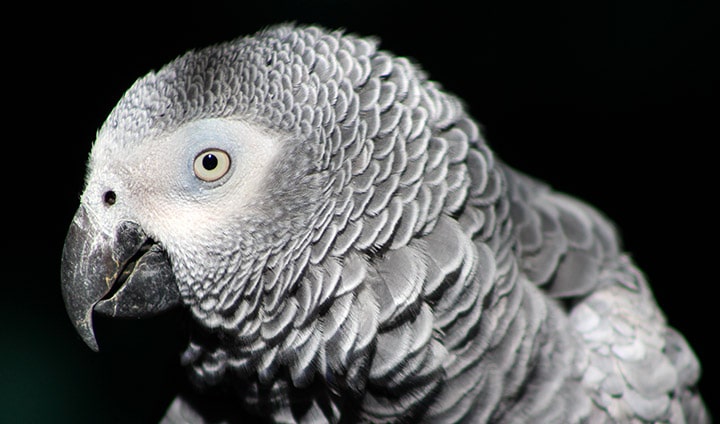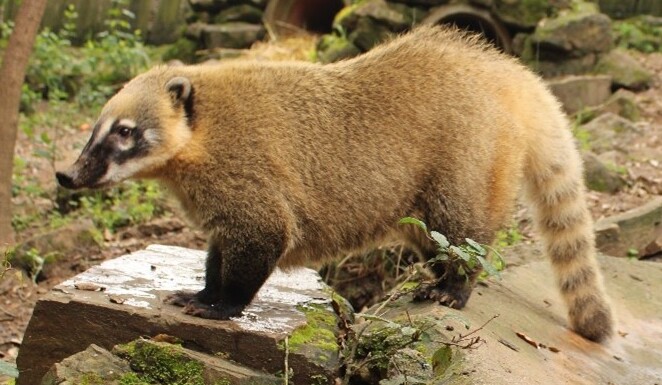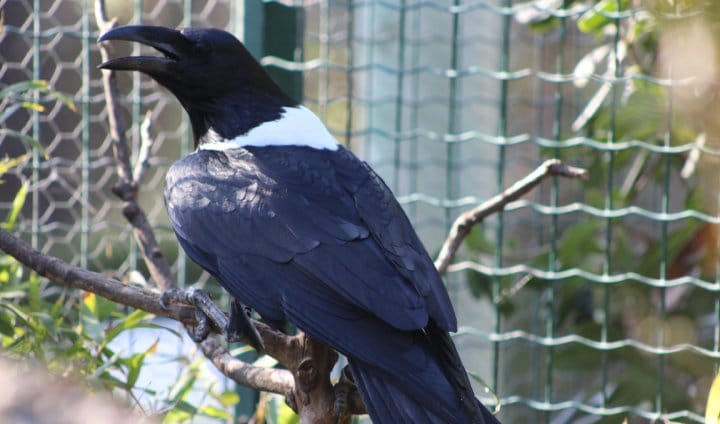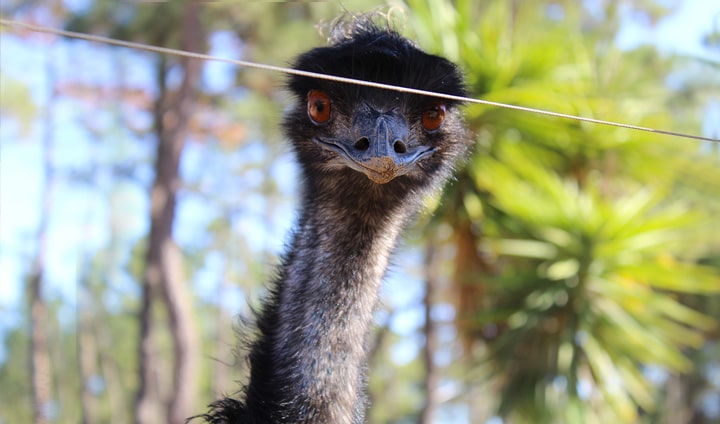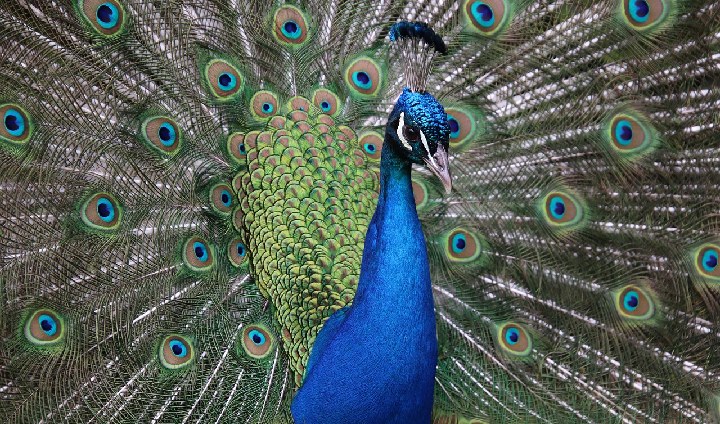Diet: These parrots are essentially granivorous, they prefer seeds, but they also feed on fruit, nuts, leaves and flowers.
Reproduction: They are a monogamous species. They live in pairs although they interact a lot with the flock. During the reproductive season, the couple is more guarded, both sharing the behavior of searching for food and this lasts from August to September. The female can lay 1 to 6 eggs per clutch. Eggs have an incubation period of 30 days. After 9 weeks of hatching, the chicks are completely independent. Both sexes reach sexual maturity between the ages of 2 and 4.
Distribution and Habitat: Species distributed throughout southern Amazon America. They are seen in Brazil, Bolivia, Paraguay, and northern Argentina. These parrots feel comfortable in various habitats such as savannas and grass fields.
Behavior: Non-migratory birds, which may occasionally make small journeys due to the abundance of resources. Birds with diurnal and nocturnal habits tend to spend the night at the top of trees until dawn.
Conservation Status: Least Concern
Scientific name: Amazona aestiva
Class: Aves
Order: Psittaciformes
Family: Psittacidae
Dimensions: 33 cm – 38 cm wingspan
Weight: 275 g – 500 g
Longevity: up to 70 years in captivity and 27 years in the wild


